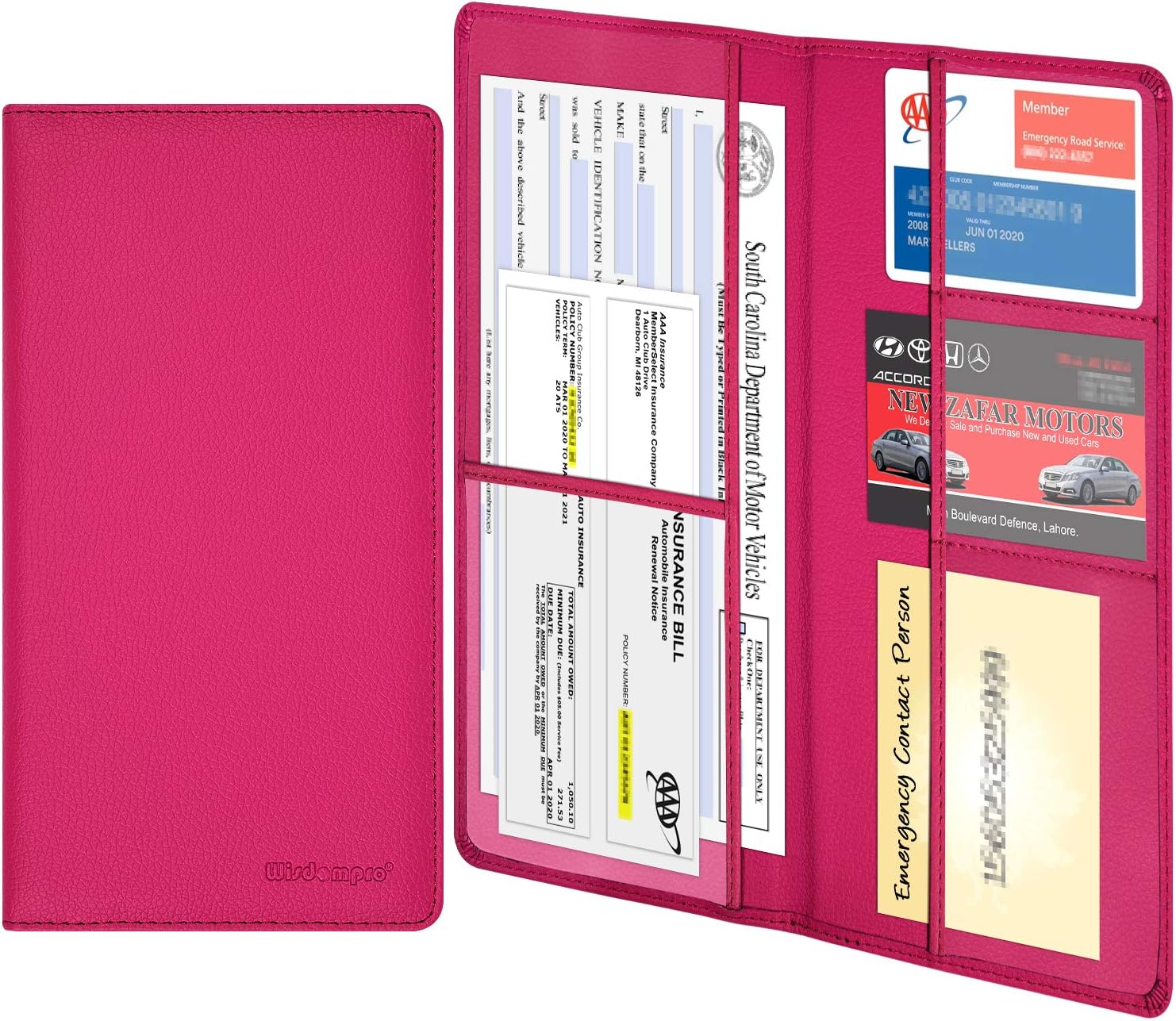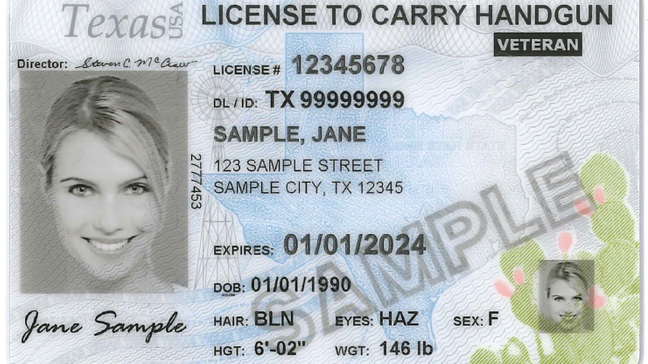5 Essential Documents Heavy Drivers Must Carry

Heavy vehicle drivers, commonly referred to as heavy drivers, are responsible for transporting goods and passengers over long distances, and often in demanding conditions. The responsibility doesn't end at driving; it extends to compliance with numerous regulations for safety, environmental protection, and legal standards. One crucial aspect of this responsibility is having the right documents at all times. Here, we delve into the 5 Essential Documents Heavy Drivers Must Carry to ensure they are fully prepared for any inspection or incident on the road.
Commercial Driver’s License (CDL)


At the forefront of these documents is the Commercial Driver’s License (CDL), which is not just a piece of paper but a testament to the driver’s qualifications and adherence to legal standards. Here are some points to consider:
- CDL is required to operate commercial vehicles like trucks or buses.
- The license classifies the driver’s expertise:
- Class A for vehicles with a gross combination weight rating (GCWR) of 26,001 pounds or more.
- Class B for vehicles with a GVWR of 26,001 or more but not towing a trailer over 10,000 pounds.
- Class C for vehicles not in Class A or B, but designed to transport hazardous materials or 16 or more passengers.
- Each state has its regulations regarding CDL endorsements, which might include endorsements for hazardous materials, tankers, passenger transport, or air brakes.
🔔 Note: Always ensure your CDL is up to date, as expired licenses can lead to fines and possible revocation of your driving privileges.
Medical Examiner’s Certificate

The Federal Motor Carrier Safety Regulations mandate that drivers of commercial vehicles maintain a Medical Examiner’s Certificate, verifying their physical fitness to operate heavy vehicles. Points to consider include:
- A medical examination must be conducted by a certified examiner.
- The certificate should be kept up-to-date, typically renewed every two years, unless otherwise specified.
- The certificate must always be carried with the CDL.
⚠️ Note: Driving without a valid medical certificate can result in significant penalties, including fines or license suspension.
Driver’s Daily Log

Under the Hours of Service (HOS) regulations, heavy drivers must track their Driver’s Daily Log, which records their:
- On-duty time
- Driving time
- Off-duty time
- Sleeper berth time
Here’s what this document entails:
- Electronic Logging Devices (ELDs) or paper logs are used to record these details.
- The log must be accurate and available for inspection at all times.
- It ensures compliance with hours-of-service rules to prevent fatigue.
📅 Note: Missing or falsifying entries in your daily log can lead to severe penalties and could result in disqualification from driving.
Vehicle Registration and Proof of Insurance

While most drivers need to carry these documents, heavy drivers face additional scrutiny due to the size and potential risk of their vehicles:
- Vehicle Registration: This shows that the vehicle is legally registered with the state or DMV.
- Proof of Insurance: Demonstrates that the driver has the minimum required liability insurance.
- Both documents must be current and immediately accessible for law enforcement or other authorized personnel.
Bill of Lading or Transport Documents

The Bill of Lading or other transport documents are critical, especially for drivers involved in the transportation of goods:
- It details the cargo, its origin, destination, and consignee.
- This document can help during inspections or if there are any discrepancies regarding the load.
- In case of an incident or if goods need to be unloaded, having this documentation readily available is key.
📋 Note: Not having the correct transport documents can result in delays and legal consequences, affecting the driver’s reputation and the company’s business.
To wrap up, having these documents in order isn't just about avoiding fines or penalties; it's about professionalism, safety, and compliance with legal and industry standards. By ensuring these essential documents are always at hand, heavy drivers demonstrate their commitment to their job and their responsibility towards other road users and the goods they transport. Keeping organized, updated, and compliant documentation is as crucial as the operation of the heavy vehicle itself.
Why is it important for heavy drivers to carry these documents?

+
These documents ensure compliance with safety, environmental, and legal standards, protecting the driver, the company, and the public in case of audits or accidents.
Can a driver operate a commercial vehicle without a CDL?

+
No, driving a commercial vehicle without the appropriate CDL is illegal and can result in fines, license suspension, or even imprisonment.
What happens if a driver’s medical certificate expires?

+
An expired medical certificate can lead to the driver being placed out of service, fines, and potentially the loss of their driving privileges.
Are these documents required during off-duty time?

+
While these documents are primarily required when operating a heavy vehicle, it’s best practice to keep them with you, as you never know when you might need them.